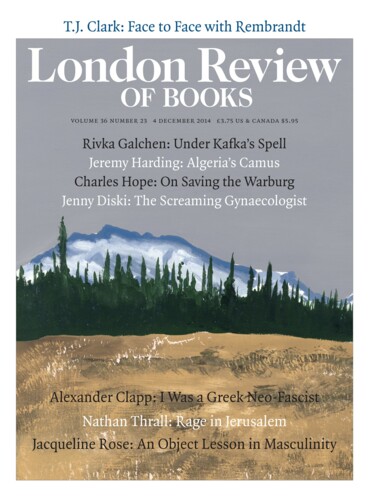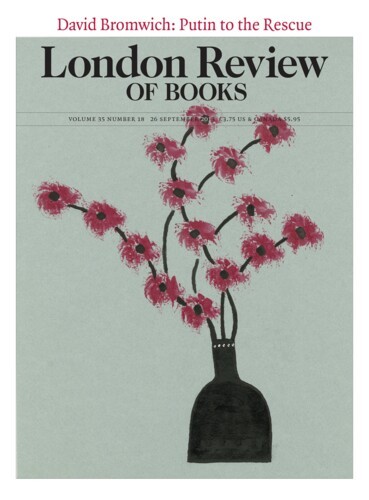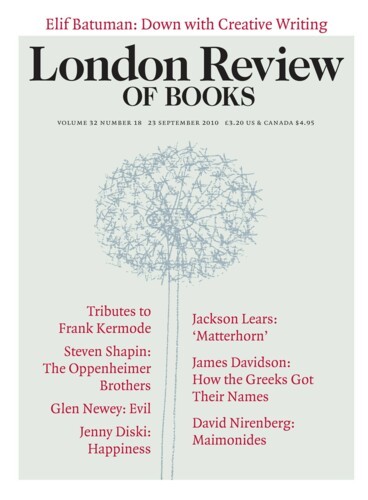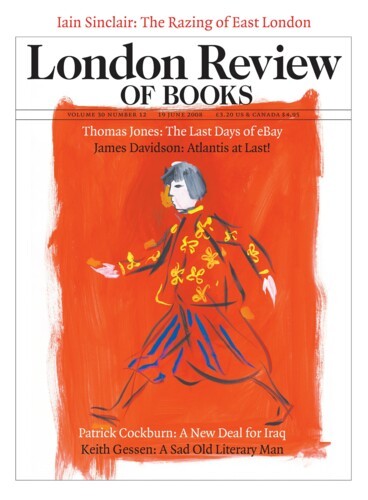Of all the many disappointments of 1977, the ITV series Man from Atlantis has to be one of the greatest. The title suggested a programme that would have something to do with the lost underwater kingdom described in great detail by Plato in the Timaeus and Critias. But the reality was Patrick Duffy with webbed hands and fluorescent green contact lenses, painfully painted on. Sole survivor of Atlantis, he used his special powers, notably the ability to survive high atmospheric pressure, to foil the evil plans of an evil-looking villain with an evil-looking beard and an evil-sounding German name: Schubert.
The Lost City of Atlantis consisted of a field of white towers: hydrothermal vents, populated by tiny see-through creatures. So did this mean that Plato had been on to something? Was this yet another example of a myth becoming reality, or at least a myth with a core, a kernel, a germ, a grain of truth?





